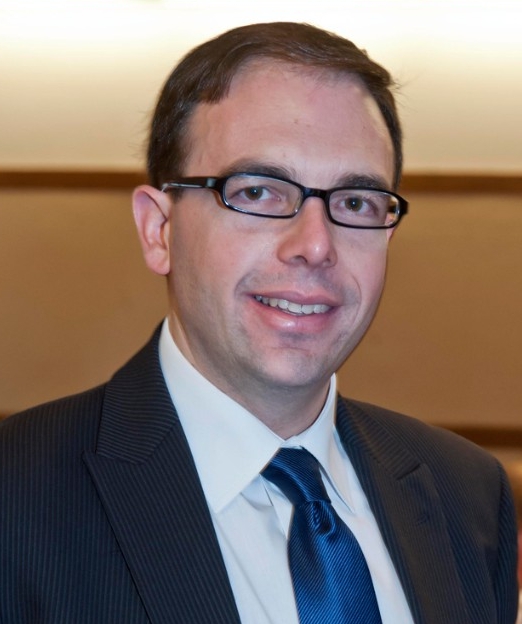Boston College will assist Mexico in professionalizing its police force through a U.S. State Department-funded program that includes seminars with BC faculty and consultations with peers in the law enforcement field.
Developed by BC’s Global Leadership Institute, the Mexican Police Professionalization program – which begins later this fall – will bring 100 police officers from across Mexico during the coming months for discussions on accountability and civilian oversight.

In addition to taking part at seminars at BC, the participants will talk with Boston-area and Massachusetts police, and representatives of civilian oversight organizations and other stakeholder groups. The officers will then travel to Seattle to learn about that city’s well-regarded programs on civilian oversight – among their contacts will be Seattle Police Commissioner Kathleen O’Toole ’76, former executive director of the BC Alumni Association.
The GLI program, titled “Increasing Accountability, Oversight and Integrity,” is supported by a two-year grant of nearly $1 million from the State Department Bureau of International Narcotics and Law Enforcement Affairs (INL).
Boston College was among eight organizations awarded grants by INL as part of an effort to help Mexican police officials address policy and practical challenges while building partnerships and networks across international borders. Other grant recipients included Yale and Stanford universities, the Police Foundation, and the International Association of the Chiefs of Police.
The Mexican Police Professionalization program reflects the new direction for GLI, whose offerings enhance leadership skills, enlarge professional networks and expand expertise. In its incarnation as the Irish Institute, it was a locus for programs and initiatives aimed at supporting reconciliation between Ireland and Northern Ireland through increased mutual understanding and cross-border partnerships.
In recent years, the institute has broadened its geographical scope to include other regions – notably the Middle East and North Africa – while also taking a broader role within the University to aid international outreach.
“This is a big leap forward, and hopefully the first of many opportunities for GLI to put its philosophy and practices to work on a grand scale,” said GLI Executive Director Robert Mauro. “The hallmark of our approach is our ‘four pillars’ – learning, reflection, application and networking. With those as a foundation, our programs utilize Boston College faculty and cutting-edge researchers, and integrate the distinctive Jesuit philosophy integral to BC’s academic and formational mission.”
GLI has considerable experience in working with police forces, Mauro noted, pointing to past Irish Institute programs on community policing for the Police Service of Northern Ireland and Ireland’s Garda Síochána.
The impetus for the professionalization program reflects changes and trends in Mexican law enforcement over the past several years, Mauro explained. “In the past, the police force was largely built on patronage, but Mexico wants to change that: They want law enforcement to be a career choice, one for which people are trained and have standards they must meet.” As part of that transition, he added, community oversight, “which had largely been a courtesy on the part of police,” is now law – and there are penalties for police officers who commit violations.
The seminars at BC – led by faculty from Political Science, Sociology, the Law School, School of Social Work and Carroll School of Management, among others – will provide Mexican officers with an overview of guidelines, practices and issues that inform American law enforcement such as the structure of the US government as it relates to police-public relations; American attitudes on justice and accountability; and administration and managerial facets of US police.
While in Boston, the participants will meet with state and local police officers as well as representatives from the state Office of the Attorney General, local social services organization Roca, and police-youth relations experts in the judiciary system.
“The hope is that the participants in the professionalism program will take on leadership roles in their individual organizations,” said Mauro. “But these officers are very inexperienced – few have any law enforcement background – and they’ll need resilience and fortitude as they work to help change long-held attitudes and practices in the police force.
“That’s why we want the officers to connect with one another, and with American peers, so they will have a network of expertise on which to draw. It’s also important for them to leave with some practical tools and strategic, managerial principles that will enable them to actualize what they’ve learned.
“We are confident that, with GLI’s track record in building partnerships, the institute can be a key player in the professionalization of the Mexican police.”
—Sean Smith | Unviersity Communications



